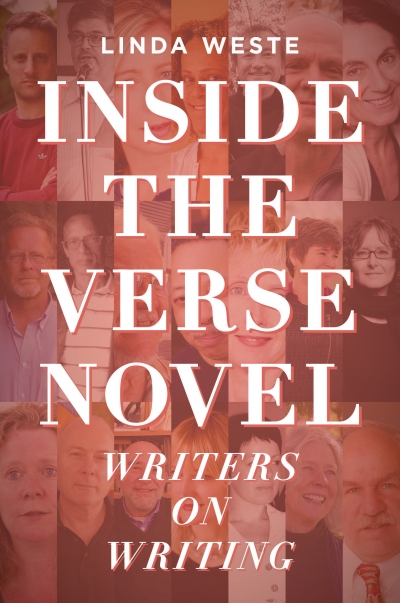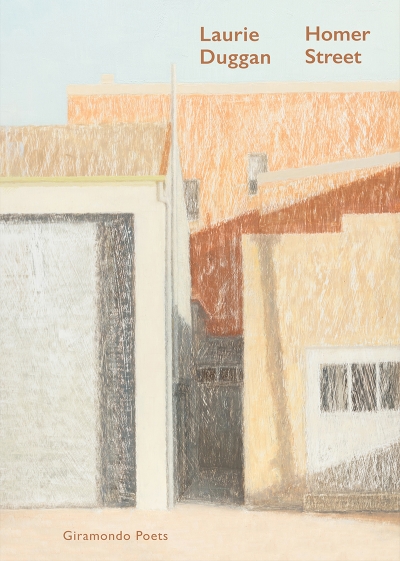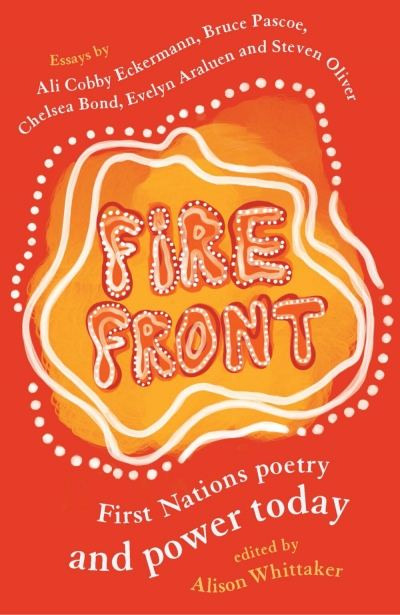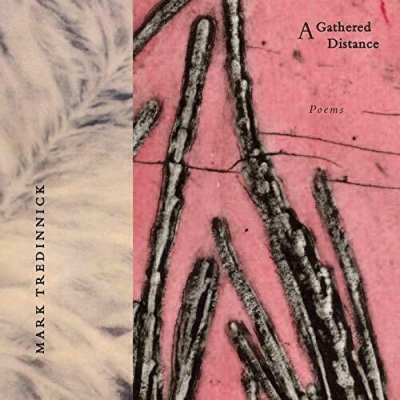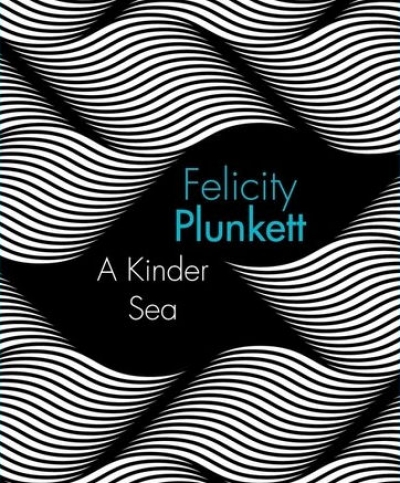Australian Poetry
Belated recognition of Australian prose poetry
Until recently, Australian prose poetry hasn’t attracted much attention – we’re not sure why. Having written prose poetry for years, we’re both fascinated by the form, which can be loosely defined as poems written in paragraphs and sentences rather than in stanzas and lines.
... (read more)Inside the Verse Novel: Writers on writing by Linda Weste
Mount Parnassus remains a proscribed destination for the moment, but Aidan Coleman’s Mount Sumptuous (Wakefield Press, $22.95 pb, 56 pp) provides an attractive local alternative. Following on from the poems of love and recovery in Asymmetry (2012), this collection marks the poet’s reawakened appetite for the sublimities and subterfuges of suburban Australia, from cricket pitches ‘lit like billiard tables’ and Blue Light Discos to the flammable wares of Best & Less and the implacable red brick of ‘all-meat / towns’. As these poems and their pseudo-pedagogical endnotes show, Coleman is a keen philologist of the language of commerce. The title’s ‘sumptuous’ (from the Latin sumptus for ‘expense’) keys us in to the vital ambivalence of a poetry, which on the one hand honours the rituals of everyday consumption (‘lounging / book in hand, Tim Tams / … tea a given’), and on the other speaks to the exploitative logic of consumer capitalism (‘Take the juiceless fruits / of day labour and a white / goods salesman’s leaden chicanery’).
... (read more)Fire Front: First Nations poetry and power today edited by Alison Whittaker
A Gathered Distance by Mark Tredinnick & The Mirror Hurlers by Ross Gillett
Luke Beesley reviews three new poetry collections by MTC Cronin, Jordie Albiston, and Michael Farrell
If I were to make gauche generalisations about the poetics of MTC Cronin, Jordie Albiston, and Michael Farrell, I might respectively write conceptual, technical, and experimental. But these established poets – each in their fifties, highly regarded – display fluency with all these descriptors, especially in their latest books.
... (read more)Peter Boyle’s Enfolded in the Wings of a Great Darkness (Vagabond Press, $25 pb, 82 pp) is a book-length elegiac poem dedicated to his partner, the anthropologist Deborah Bird Rose (1946–2018). Unlike other works lamenting the illness and loss of a spouse, Boyle’s collection largely avoids representing the day-to-day demands of suffering from (or caring for someone suffering from) an incurable disease. Instead, Boyle’s poetry sequence offers a more metaphysical approach to the uncertainty and grief that he and his partner faced.
... (read more)

